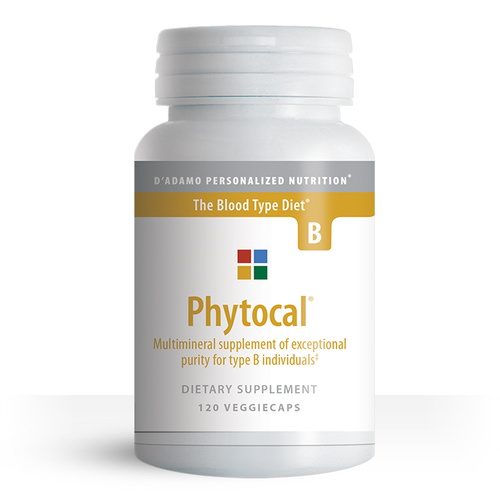Ask Dr. D'AdamoAsk Dr. D'Adamo Index | Latest Entry | Pull a Random Question |
Questions About The DietsVeganism and Calcium LossSTUDY: Long-term vegetarian diet and bone mineral density in postmenopausal Taiwanese women. JOURNAL: Calcif Tissue Int 1997 Mar;60(3):245-9 AUTHORS: Chiu JF, Lan SJ, Yang CY, Wang PW, Yao WJ, Su LH, Hsieh CC. ABSTRACT: This study examined bone density among postmenopausal Buddhist nuns and female religious followers of Buddhism in southern Taiwan and related the measurements to subjects characteristics including age, body mass, physical activity, nutrient intake, and vegetarian practice. A total of 258 postmenopausal Taiwanese vegetarian women participated in the study. Lumbar spine and femoral neck bone mineral density (BMD) were measured using dual-photon absorptimetry. BMD measurements were analyzed first as quantitative outcomes in multiple regression analyses and next as indicators of osteopenia status in logistic regression analyses. Among the independent variables examined, age inversely and body mass index positively correlated with both the spine and femoral neck BMD measurements. They were also significant predictors of the osteopenia status. Energy intake from protein was a significant correlate of lumbar spine BMD only. Other nutrients, including calcium and energy intake from nonprotein sources, did not correlate significantly with the two bone density parameters. Long-term practitioners of vegan vegetarian were found to be at a higher risk of exceeding lumbar spine fracture threshold (adjusted odds ratio = 2.48, 95% confidence interval = 1.03-5.96) and of being classified as having osteopenia of the femoral neck (3.94, 1.21-12.82). Identification of effective nutrition supplements may be necessary to improve BMD levels and to reduce the risk of osteoporosis among long-term female vegetarians. COMMENTARY: Undoubtedly if the reviewers had blood grouped the study's participants, they would have found that the majority of the vegan nuns who had lost the most bone were blood group O, since calcium absorption is more dependant in this blood group on the actions of enzymes in the intestines that are activated by protein and fat. Even type A's could benefit from a mineral supplement, especially if it were formulated with a small amount of vitamin A, which turns on the intestinal enzymes in this blood group. |

|
The statements made on our websites have not been evaluated by the FDA (U.S. Food & Drug Administration).
Our products and services are not intended to diagnose, cure or prevent any disease. If a condition persists, please contact your physician.
Copyright © 2015-2023, Hoop-A-Joop, LLC, Inc. All Rights Reserved. Log In


